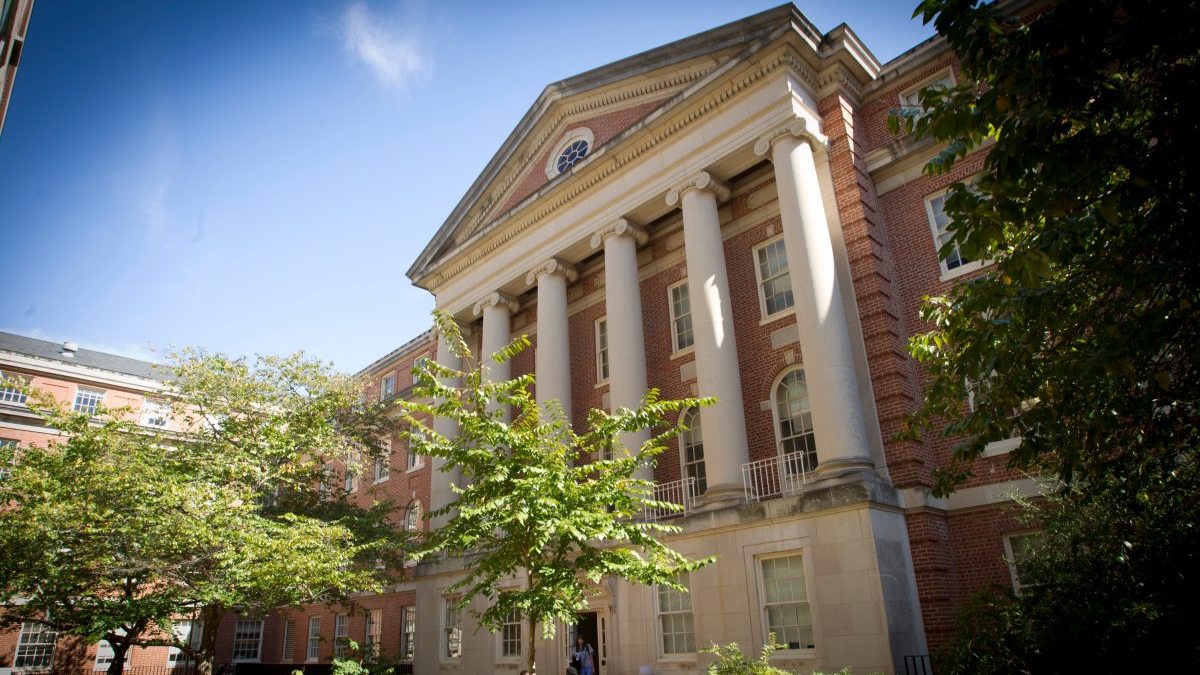 What is mild forgetfulness?
What is mild forgetfulness?
It’s a given that many of us will become more forgetful as we get older. It takes longer to learn new things, to find our glasses or car keys, to remember somebody’s name. These events, while disquieting, are not considered by doctors to be serious memory problems. You should confer with your physician if you have concerns about your memory. Discuss what troubles you; and make a follow-up appointment within the next 6 to 12 months so you can check your memory again.
What can you do about mild forgetfulness?
There are many things we can do to help keep our memory as sharp as possible:
- Stay socially active; volunteer at your place of worship, at a school or elsewhere in your community
- Spend time with friends and family
- Learn a new language or skill
- Get plenty of regular sleep
- Maintain a good diet and exercise regularly
- Avoid excess amounts of alcohol
Dementia research has long ago concluded that social engagement is one of the best things we can do to reduce our risk of dementia. Similarly, such interactions help us avoid the perils of simple “forgetfulness”.
When is it a serious memory problem?
When you have serious memory issues, you’ll find that it is difficult to do normal everyday things. It will be challenging to shop, drive, or even have a simple conversation with a friend. Symptoms of serious memory issues include:
- Inability to care for yourself (bathing, eating poorly, being unsafe)
- Getting lost in places that you should be familiar with
- Confusion about people, places, and times
- Asking the same question again and again
What can be done about a serious memory problem?
You should confer with your physician if you have noticed any of the above symptoms. It’s critical to understand what might be the root of the problem. You can’t begin to treat it if you do not know the underlying cause.
Some medical conditions can lead to serious forgetfulness and memory problems. Fortunately, these should go away with proper treatment. Such conditions can be serious and do warrant medical attention. They include:
- Head injury, such as a concussion from head trauma, a fall or accident
- Blood clots in the brain
- Excessive consumption of alcohol
- Depression
- A negative reaction to certain drugs
- Conditions of the thyroid, liver and kidneys
- A urinary tract infection
- Vitamin B12 deficiency
Depression and its associated emotional problems, especially among elders, can produce serious memory complications. If you or a loved one feels lonely, worried or sad, active social relationships can have a big impact in controlling memory concerns. Spend time with friends and family. Engage in club activities. You can improve your memory and associated emotional problems. Sometimes depression and similar problems need medical attention and in such cases you should consult a counselor or physician.
What is mild cognitive impairment?
As our memory worsens, our doctor may diagnose us with mild cognitive impairment or MCI. Mild cognitive impairment means that subtle – probably irreversible — changes are indeed taking place in the brain. MCI symptoms often include:
- Difficulty coming up with words compared to people of similar age
- Forgetting appointments and scheduled events
- Misplacing things often
Your physician can give you tests to evaluate your memory, to see if you have MCI. Research shows that even when you begin to have cognitive issues, by engaging in the memory building activities and behaviors mentioned earlier, you help keep your memory as sharp as possible.
When is it Alzheimer’s Disease?
Alzheimer’s is a serious medical condition brought about by changes in the brain. It was identified by a researcher named Lois Alzheimer, and presents itself when certain plaques and tangles form in our brain cells. Alzheimer’s symptoms present themselves slowly and only show themselves over time. At first, it might seem like simple forgetfulness. But the worsening of memory and cognitive processes continues relentlessly. People with Alzheimer’s disease eventually need help with almost all personal care activities such as bathing, dressing, grooming and the use of the toilet
Some prescription medicines may prove helpful in the early to middle stages of Alzheimer’s. Research suggests that these drugs ameliorate symptoms for a limited time. As with all pharmaceutical products, they have side effects and are not effective for everyone.
Fewer people have heard of vascular dementia. Just like Alzheimer’s, it produces serious cognitive problems. Unlike Alzheimer’s, however, symptoms of vascular dementia often present themselves suddenly. This is because vascular dementia is caused by strokes or other changes to the brain’s blood supply. Of course, there are many things we can do to reduce our risk of stroke. Many of the lifestyle behaviors recommended for heart health support brain health as well. These include managing cholesterol, taking care of diabetic conditions, eliminating smoking and managing high blood pressure.
When a loved has serious memory issues, there is a lot you can do to help. Sometimes, having a conversation about getting help is a big step. Help them stay active and maintain as normal a life as possible. Write down simple directions for the use of household items. Use large calendars to highlight dates, appointments and event. With a little help from family and friends, people with serious memory problems can live as normal a life as possible
About the Author:

Lorenzo Mejia and his wife, Mary Lynn Ryerson, are the owners of Acorn, a caregiver registry located in Chapel Hill.
They founded Acorn based on their experiences caring for his mom, who suffered with Alzheimer’s Disease. In 2013, he became a Qualified Dementia Care Specialist. In 2014, the Alzheimer’s Foundation named him the Dementia Care Professional of the Year in the United States.
Lorenzo is the founder of Dementia Friendly Orange County an effort to make local businesses more accommodating to people with dementia.
Lorenzo speaks often on dementia and the challenges associated with caring for loved ones. He has been interviewed by ABC News and National Public Radio. He is an adviser to Orange County’s OC-CARES Dementia Capable Community Project.




